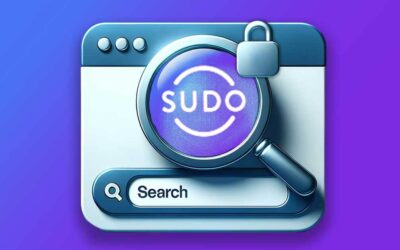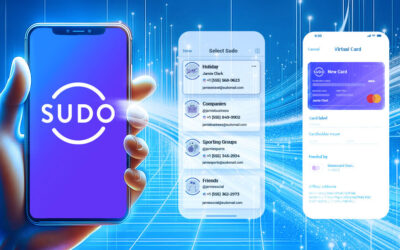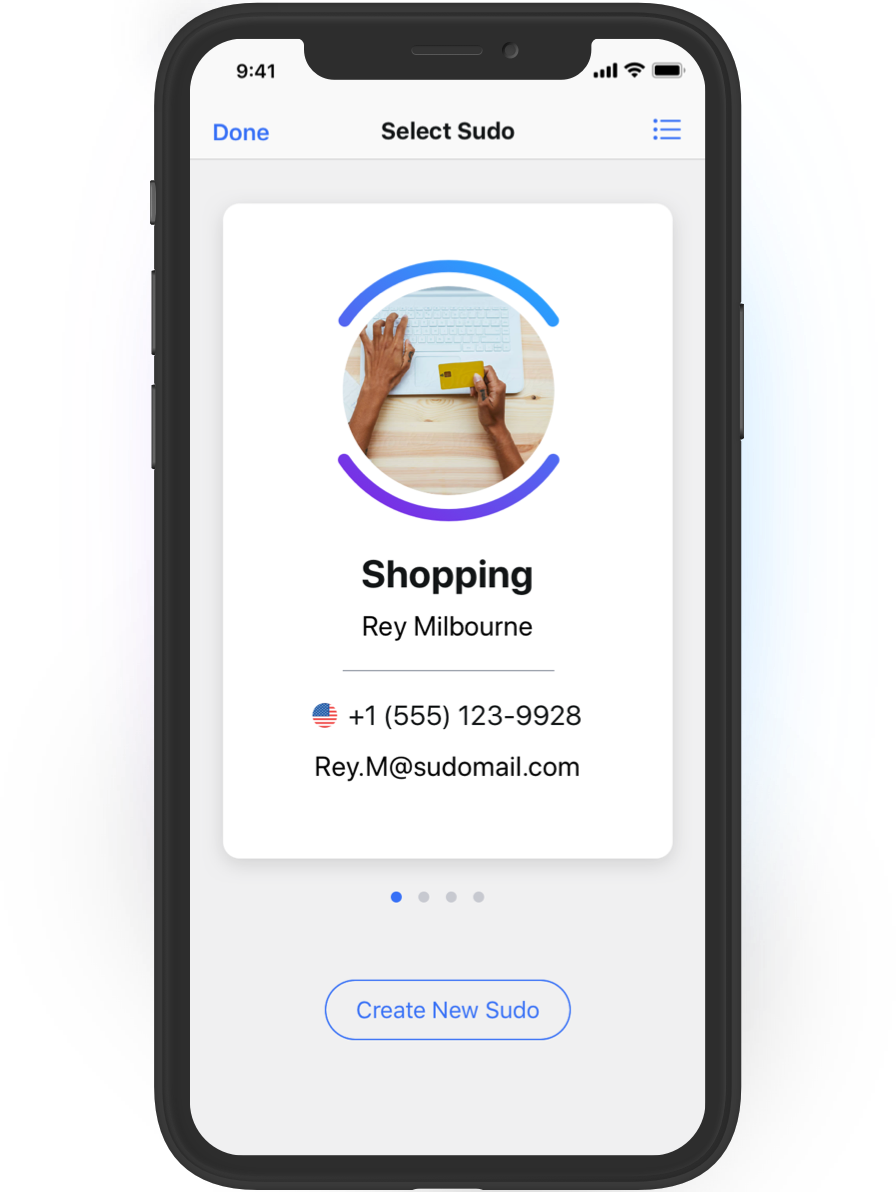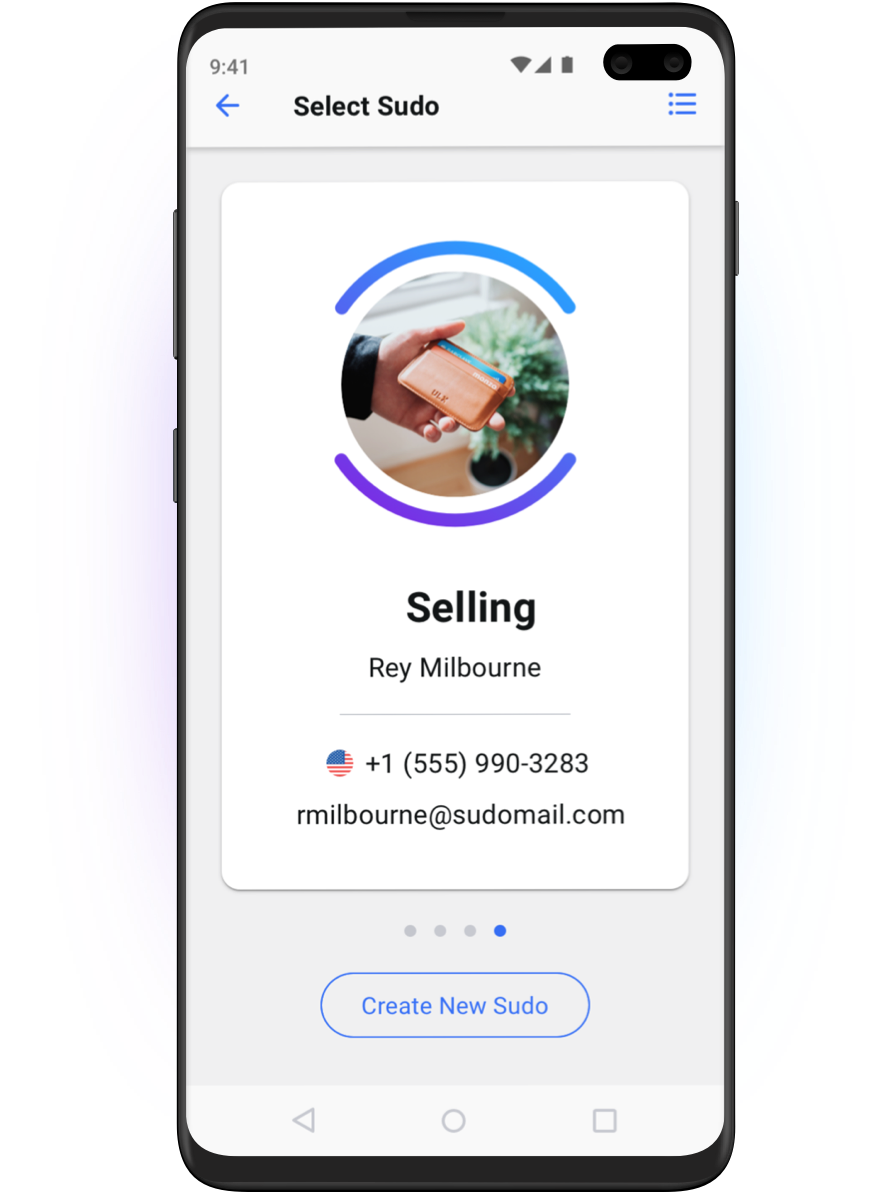Have you ever thought about data privacy as a civic duty? That if we each took a mutually beneficial community approach to data protection, we’d achieve a “digital herd immunity” that could fight the privacy “pandemic” borne from toxic data collection and abuse?
It’s an interesting idea from Carissa Véliz, Oxford University associate professor in digital ethics and author of “Privacy Is Power: Why and How You Should Take Back Control of Your Data,” a The Economist book of the year in 2020.
Herd immunity is topical for obvious reasons but it’s new in the data privacy space. Herd immunity is achieved when a large proportion of a population becomes immune to a disease, reducing the likelihood of spread. The entire population is indirectly protected, not only those who are immune.
If we view our personal data from this same collective benefit perspective, we may be more mindful of how our data sharing affects others, particularly those closest to us like family, and we may be motivated to do more to help. Obvious examples of inadvertent data sharing are our photos, which reveal information about their subjects, and our location data, which exposes information about our neighbors and co-workers. A less obvious example is our medical and health data which companies like life insurance providers can use as a proxy for those who share our DNA—a reason why Véliz implores people to avoid home DNA kits at all costs.
Suddenly privacy becomes less personal, more universal, and the consumer population starts to gain indirect immunity against surveillance capitalism which Véliz believes should be “regulated much the same as asbestos.”
Her approach to regulation would be to force companies to put consumers’ best interests first.
“Legislation should focus on banning personalized ads, not allowing people to buy or sell personal data, and implementing data fiduciaries, which are duties of care that professionals owe to their users or clients in virtue of their position of power. Just like doctors owe their loyalty to their patients and financial advisers must put the interests of their clients before their own, whoever wants to collect or manage personal data ought to take on the responsibility to use that data to benefit data subjects and never to harm them,” she says.
To us, this is a welcome idea.
As an aside, Véliz noted in the interview on this topic that some of her favorite privacy tools are Signal for messaging, ProtonMail for email, and DuckDuckGo for search. We would add MySudo. Not only does MySudo give you all these private and secure functions in the one app, it also offers end-to-end-encryptedcomms between you and other MySudo users. We reckon that’s a very easy way to be civic-minded about privacy, protecting your own privacy and that of your communities too.
Photo By r.classen







